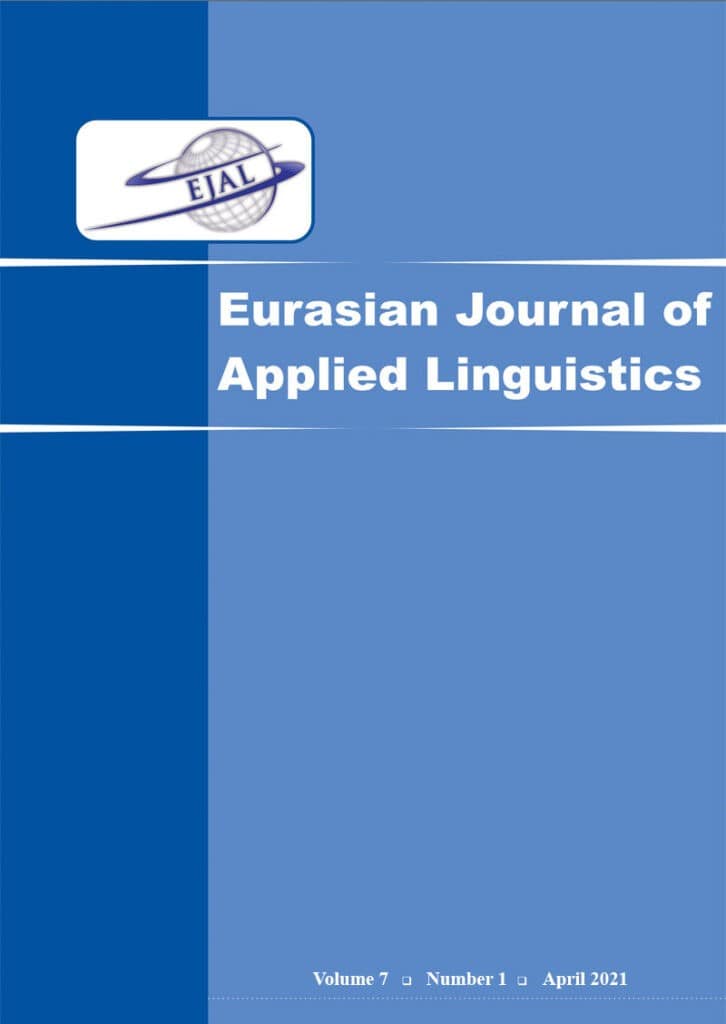Mohammed Ateek
Gaziantep University Birkbeck, University of London Department of Applied Linguistics and Communication
Gaziantep University Birkbeck, University of London Department of Applied Linguistics and Communication
Keywords: Extensive reading, reading fluency, vocabulary knowledge, learners’ perceptions, action research
Abstract
A number of studies have suggested that extensive reading can lead to gains in different language skills. Few studies on extensive reading have been conducted outside the East Asia classroom setting. This study investigated the impact of an extensive reading programme conducted over 12 weeks with 90-minutes group sessions 3 times a week involving 10 Jordanian Arabic first language English foreign language learners with low-intermediate proficiency. The participants were situated in a print-rich environment, and given access to a library of graded readers, and did various extensive reading activities in and out of class. The participants were assessed for reading fluency and vocabulary knowledge before during and after the programme. In addition, the participants’ perceptions of extensive reading were explored. A mixed-methods action research design was employed over an extensive reading programme. Data were collected from multiple sources (e.g., tests, interviews and diaries), and the results were both statistically and thematically analysed. The findings of the study indicate that the impact of the extensive reading approach was positive on the learners’ reading fluency and vocabulary knowledge. The results also revealed a positive correlation between the amount of reading and reading fluency and vocabulary knowledge. The learners’ perceptions of the extensive reading approach and its implications are also discussed.

